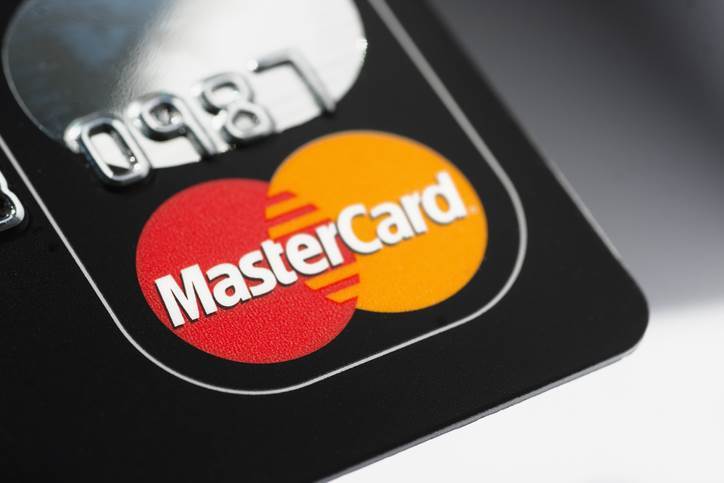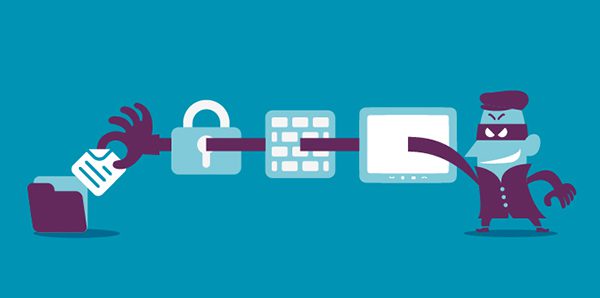
Mastercard Enhances Security Capabilities as E-Commerce Accelerates in MENA
As e-commerce continues to accelerate owing to the COVID-19 pandemic, Mastercard is leading the way in fostering cybersecurity and combating fraud. …
Mastercard Enhances Security Capabilities as E-Commerce Accelerates in MENA Read More